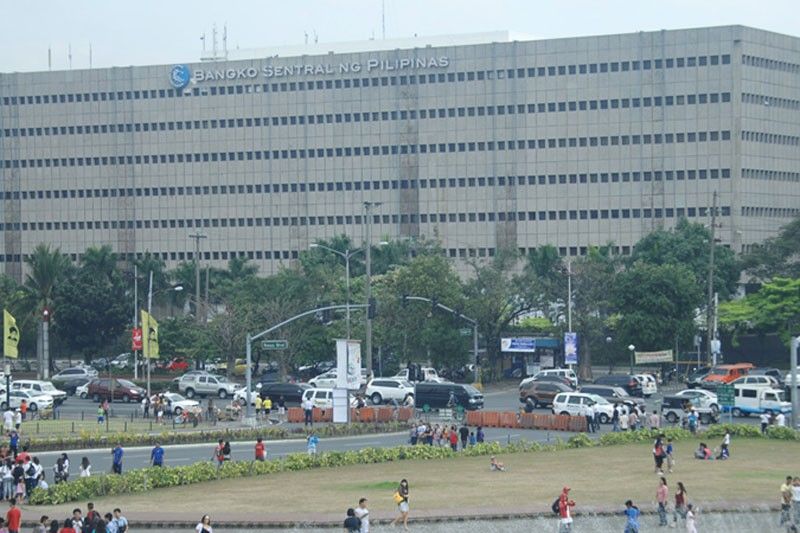More reforms underway to strengthen Philippine banks
MANILA, Philippines — The Bangko Sentral ng Pilipinas (BSP) is set to pursue major reforms to sustain the strong position of Philippine banks.
BSP Deputy Governor Chuchi Fonacier said the regulator would continue to craft meaningful and proactive reforms that are aligned with best practices and international standards, and at the same time sensitive to local conditions.
“By way of background, the Philippine banking system is currently in a position of strength. This is largely due to BSP’s sustained implementation of proactive and meaningful reforms for the banking sector and banks’ commitment to these reforms as manifested through their prudent risk-taking behavior,” she said.
Fonacier said the BSP has charted a three-pronged approach through a strategic reform agenda that would be dynamic, digital and developmental.
“With the evolving trends and practices, as well as changing preferences in financial services delivery, we have to be dynamic in order to be at pace with these changes,” she said.
Major reforms involve the continuing alignment of the country’s corporate governance framework with international standards and global best practices such as the International Financial Reporting Standards 9 (PFRS), disclosure requirements, risk governance, and management related policies.
Fonacier said there is a continuing review of existing processes to
promote efficiency and to streamline processes such as the current licensing framework of banks.
Another reform, she said, entails the implementation of remaining Basel III liquidity standards on intraday liquidity risk report of banks and net stable funding ratio (NSFR).
Other reforms include on the enhancement of the banking system’s compliance with the Basel Accord through the implementation of other Basel III reform standards governing interest rates in the banking book, risk- based pricing for consumer loans, reforms in banks’ over-the-counter (OTC) derivatives transactions.
“This will make the domestic banking system more dynamic in responding to the demands and challenges of a rapidly evolving global financial services industry,” Fonacier said.
Moody’s Investors Service said the capital ratios of banks operating in the Philippines would remain pressured as increases in retained earnings would not be sufficient to cover the banks’ rapid asset growth against the backdrop of their low cost efficiency.
The debt watcher said credit costs would rise this year as banks adopt new provisioning rules under the PFRS 9. Banks with insufficient outstanding allowances to cover all losses need to cover their shortfalls by taking charges against retained earnings resulting to lower common equity tier 1 (CET1) ratios.
However, Chen said the declines in CET1 ratio of 20 to 70 basis points would be manageable for most banks.
Chen said the revenue prospects of Philippine banks are even brighter this year as net interest margins would improve after staying largely steady last year, while loan growth would remain robust.
Source: https://www.philstar.com/business/2018/04/10/1804364/more-reforms-underway-strengthen-philippine-banks#KvSf698g3XbAC870.99


 Thailand
Thailand




